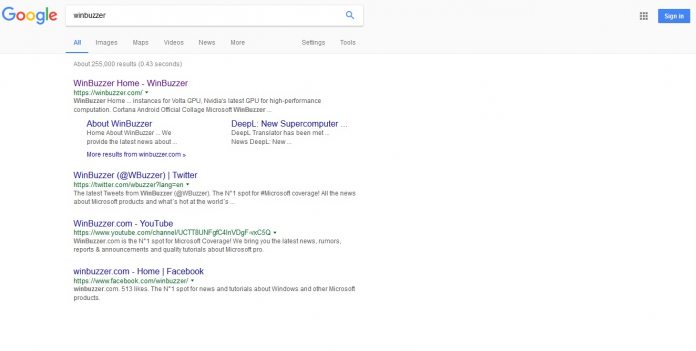Evelyn Kao, Product Manager at Google, explained the change in a blog post: “If you live in Australia, you’ll automatically receive the country service for Australia, but when you travel to New Zealand, your results will switch automatically to the country service for New Zealand. Upon return to Australia, you will seamlessly revert back to Australian country service.” When this news dropped, I was initially worried. I do quite a bit of travelling, but for the most part prefer to stick to the US or UK version of Google Search. Luckily, Google has not removed the ability to see these versions of its engine if I want. Users who want to switch back to a country service of their choice can do so manually through the settings. In the old days (as in last Friday), I could just type google.co.uk into the address bar and reach the country-specific service through the URL. Under the new system, this is no longer possible.
Country-Specific
That’s fine, even if it does add some more steps than I would like. Google says users can see which country service they are using at the bottom of the page. However, if you are in Germany, the new system means you will be using the German service. Google believes the switch will make it easier to offer customers with improved search results. Once I got over my initial worry, it probably makes sense. If you are in another country, it is likely you will need results based on your locations. For example, local restaurants, entertainment, travel, companies, and so on. The change has happened across Search on web, mobile, and Maps.




